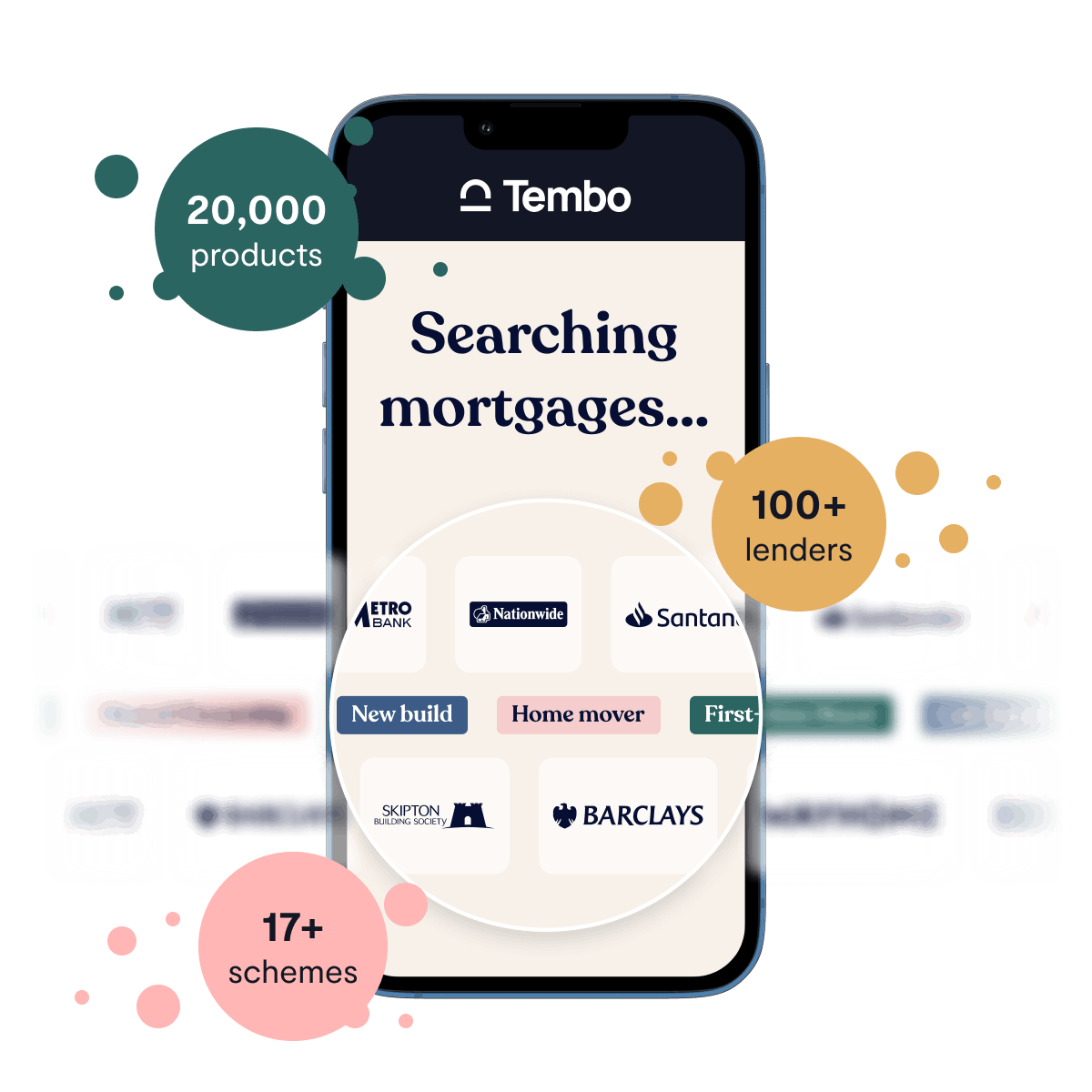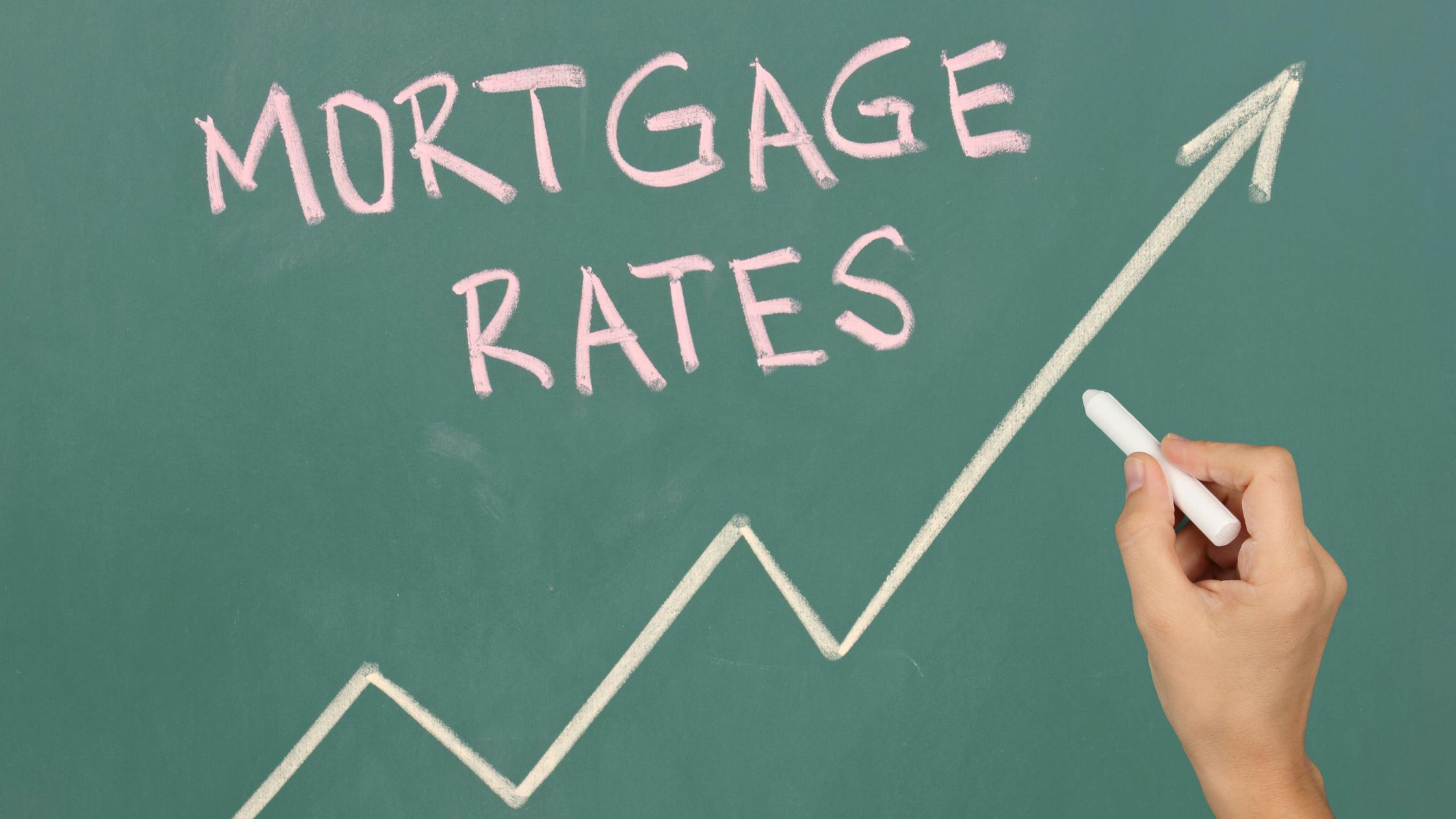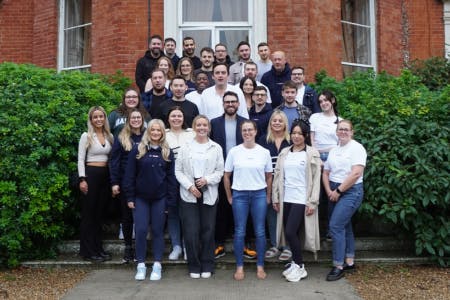How to get a bigger mortgage
If you’ve used a mortgage calculator recently, you might be shocked at how much you can borrow. Even with a steady job, spotless credit history and a good deposit, it can be hard to get a loan big enough for the home you really want.
That’s because house prices have grown much faster than wages. While property values have soared, lending rules have stayed strict, and most lenders will only let you borrow around four to four-and-a-half times your income.
So what can you do if that isn’t enough? Let’s look at how to qualify for a larger mortgage, and what to do if your income is holding you back.
In this guide
- How lenders calculate your maximum mortgage
- On average, our customers have increased their buying budget by £88,000!
- How to qualify for a larger mortgage
- Increase what you can borrow with an Income Boost
- What if I have a large deposit but low income?
- Can you get a mortgage for more than the purchase price?
How lenders calculate your maximum mortgage
When you apply for a mortgage, most lenders will multiply your income by a set figure to determine how much to lend you. Most of the time, that figure’s 4 to 4.5, but some lenders will stretch to 5 or 6 times your salary if you meet certain criteria.
If you’re buying with a partner, friend or family member, the lender will usually combine your incomes and multiply your joint income by their set figure, which can drastically increase your potential borrowing limit.
For example, if your chosen lender offers 4 to 4.5x income mortgages:
- Single applicant earning £30,000 → £120,000 – £135,000 mortgage
- Joint income of £55,000 → £220,000 – £247,000 mortgage
Lenders then perform an affordability assessment, checking:
- Your regular income and job stability
- Credit score and payment history
- Monthly spending and existing debts
- Deposit size
- Dependants or childcare costs
These checks help them decide whether you can comfortably afford repayments, even if interest rates rise or your circumstances change.
Learn more:5 money talks to have with your partner before buying a house together
Need to know
If you’re putting down a small house deposit, you’re self-employed or you’ve struggled with debt in recent years, mortgage lenders may reduce the loan amount you can borrow
Discover your true buying budget
At Tembo, we specialise in helping people make home happen. On average, we boost budgets by £88,000. See your options by creating a free, personalised mortgage recommendation.
On average, our customers have increased their buying budget by £88,000!
At Tembo, we specialise in helping buyers increase their borrowing potential, whether that's through family support schemes or innovative mortgage products. Discover how much you could boost your budget by creating a Tembo plan.
Find out how much you can borrow
How to qualify for a larger mortgage
There are a few ways to boost your borrowing power and qualify for a larger mortgage.
1. Improve Your Affordability
- Pay off debts: Reducing loan and credit card balances lowers your outgoings.
- Cut monthly expenses: Lenders analyse your spending, so trimming subscriptions or non-essentials can help.
- Increase your income: Even a small pay rise, promotion or side-income can make a noticeable difference.
- Check your credit report: Fix errors and make sure all bills are paid on time.
2. Add a Family Member’s Income (Income Boost)
If your own salary doesn’t stretch far enough, an Income Boost aka a Joint Borrower Sole Proprietor (JBSP) mortgage lets you add a loved one’s income to your application.
They won’t own the property, but they’ll need to agree to step in if you can’t make your mortgage repayments. This can significantly increase your borrowing potential without needing to add another name to the property deeds.
Perfect For You: How To Talk To Your Family About Money and Inheritance
Increase what you can borrow with an Income Boost
Add some or all of a guarantor’s earnings to your household income to boost your buying budget, without them having ownership of the home.
You might like: Can I get a mortgage 5 or 6 times my salary?
3. Use a Deposit Boost
A Deposit Boost involves releasing equity from a parent or family member’s property to top up your house deposit.
A larger deposit means:
- You may qualify for better interest rates
- Lenders see you as a lower-risk borrower
- You’ll have access to a wider range of mortgage products
At Tembo, customers using Deposit Boosts have increased their buying budgets by an average of £88,000.
You might also like: Mortgage Tips For First-Time Buyers
4. Get a Professional Mortgage
Some lenders offer enhanced income multiples of up to 5.5x or 6x salary for borrowers in stable or high-earning professions, such as:
- Doctors and nurses
- Teachers
- Solicitors
- Accountants
- Police and emergency services
These are known as professional mortgages and key worker mortgages.
Read more: What are mortgage interest rates and what is a good interest rate?
5. Consider Shared Ownership
If boosting your borrowing isn’t enough, you could reduce the mortgage you need through a Shared Ownership scheme.
These part buy part rent schemes allow you to purchase a share of a property (usually 25–75% of the property’s value), and then pay rent to a housing association or private landlord on the rest. Because you're only buying a portion of the home, you'll need a much smaller deposit and mortgage. Over time, you can ‘staircase’ up to full ownership by buying more shares either with regular payments or a lump sum.
Our average, our customers have increased their buying budget by £88,000!
At Tembo, we specialise in helping buyers increase their borrowing potential, whether that's through family support schemes or innovative mortgage products. Discover how much you could boost your budget by creating a Tembo plan.
What if I have a large deposit but low income?
A large deposit can make it a lot easier to buy a home, even if you’ve got a low income.
- It might qualify you for lower rates, making repayments easier to afford.
- It shows lenders you can manage money responsibly.
- It could make you eligible for higher multiples with specialist lenders.
You’ll still need to meet lenders’ affordability criteria, but there may be ways to boost your borrowing potential with an Income Boost or Family Springboard mortgage.
Can you get a mortgage for more than the purchase price?
Generally, no. It used to be possible to borrow more than a home was worth, but lenders stopped offering such large mortgages following the 2008 financial crisis.
However, you may be eligible for a 100% mortgage aka a No Deposit Mortgage, which lets you borrow the total purchase price in some circumstances.
Skipton’s Track Record Mortgage, for example, lets you buy a house with no deposit at all if you can prove that you’ve paid rent and household bills on time for 12 months in a row during the last 18 months, and you meet Skipton’s other criteria. You’ll need a good credit score and to be over the age of 21.
Why Tembo?
We help buyers, movers and homeowners discover how they could boost their affordability in 3 simple steps. It’s why we’re the UK’s Best Mortgage Broker.







